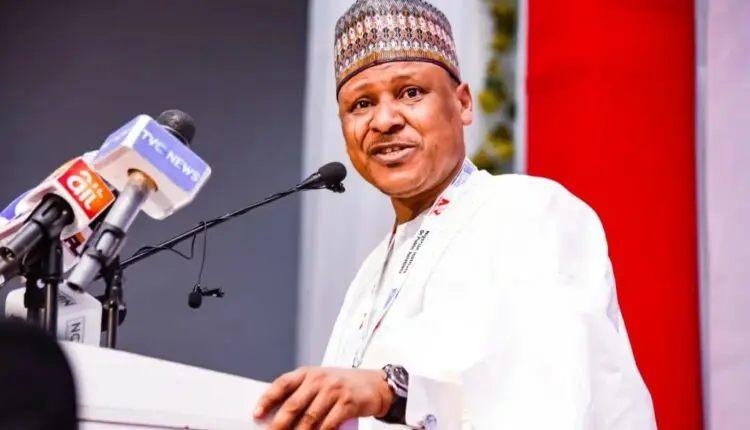Nigerians, Particularly in the North, Feel the Impact of Increased Telecom Tariffs, activists, others raise alarm
by Beady Nnanna ·
The recent hike in telecom tariffs has plunged Nigerians, particularly those in the North, into increased hardship and frustration. The Nigerian Communications Commission (NCC) approved a 50% rise in tariffs for service providers at a time when economic challenges are already pressing hard on everyday life.
This decision, driven by telecom companies’ struggles with inflation, rising diesel costs, and fluctuating exchange rates, has sparked widespread criticism. Many Nigerians reliant on mobile data—small business owners, students, and rural traders—are feeling the pinch.
Take Zainab Idris, a single mother and food vendor in Kano. She relies on her phone for orders and mobile banking. But since the tariff increase, her operational costs have nearly doubled, making it harder for her to stay connected. “We’re being punished for being connected,” she laments, frustration evident in her voice.
Her story mirrors the experiences of millions as data costs that once averaged around ₦300 per gigabyte now exceed ₦500—an intolerable rise in a country where over 60% of the population lives in poverty. For students like Fatima Yusuf at Bayero University, this has translated into academic setbacks. She’s had to cut back on online research, risking her final-year project. “Communication is not a luxury—it’s how we live, learn, and earn,” she says.
While telecom providers defend the increase, citing operational pressures, consumer rights groups and civil society organisations argue that the timing is disastrous. The Socio-Economic Rights and Accountability Project (SERAP) has even filed a lawsuit against the NCC and the government, claiming the move violates citizens’ rights to information and communication.
Public protests, led by the Nigeria Labour Congress (NLC), erupted across major cities earlier this year, calling for the reversal of the decision. The NCC insists the hike is necessary for service continuity and has hinted at potential relief measures for vulnerable groups.
Digital rights advocate Fadhila Nurudeen from Kano warns that this move risks halting Nigeria’s digital progress. “The government should be promoting affordable access, not strangling it,” she emphasises. “This widens the digital divide, especially for rural communities.”
Small providers and data resellers are also feeling the strain. Hajara Isah, who owns a roadside airtime kiosk, explains that customers are walking away when they hear the new prices, affecting her business.
With the economy in turmoil, many Nigerians are forced to limit their internet use or revert to traditional SMS and voice calls. But with vital sectors increasingly shifting online, this digital squeeze threatens to leave a large segment of the population further behind.
Unless swift intervention occurs, experts warn that access to data may soon become a luxury only the privileged can afford in Nigeria’s growing inequality.



